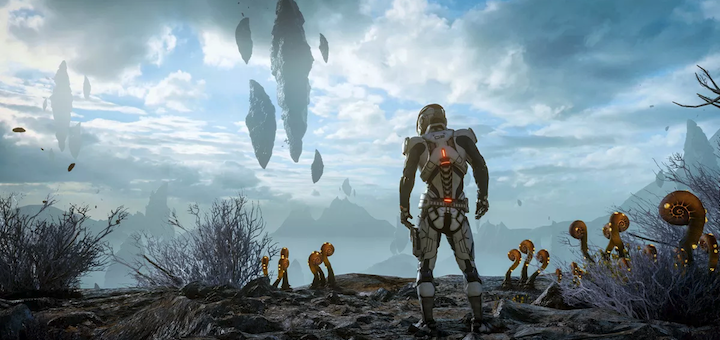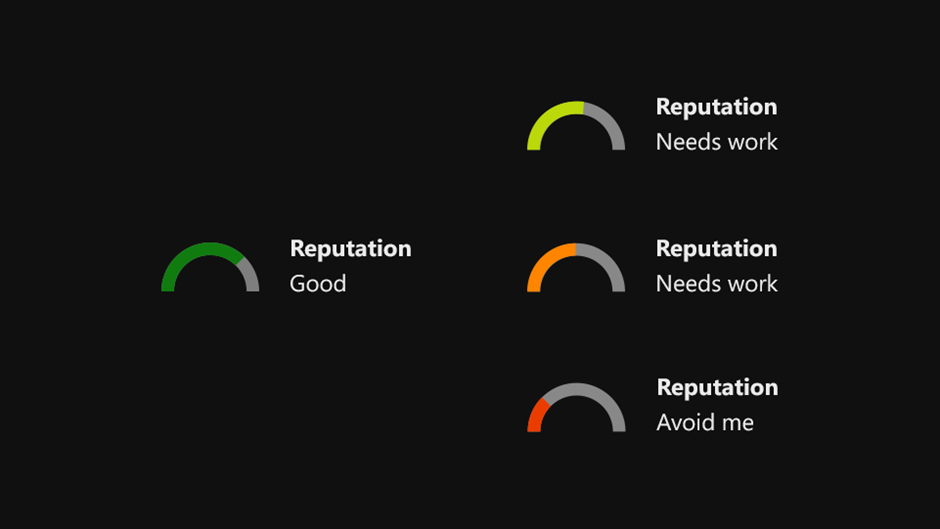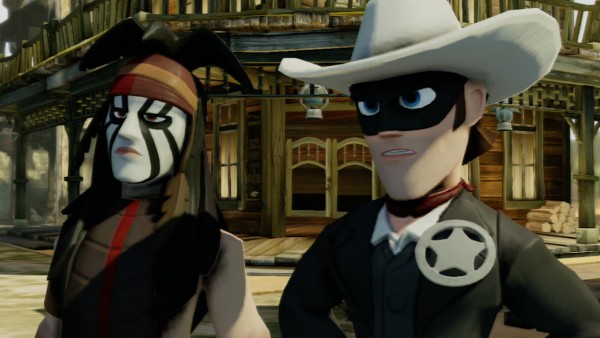 I recently revisited The Last of Us, and after (re)playing the game, I’ve been thinking a lot about the idea of gendered labor and the manner in which such labor comes to be represented. Indeed, the game’s depiction of fatherhood has been discussed quite a bit, especially when the game was first released—but I think that the game’s representations of gendered labor and parenting roles are some that have been repeated across gaming narratives, and the implications of such repetition seem to require further interrogation.
I recently revisited The Last of Us, and after (re)playing the game, I’ve been thinking a lot about the idea of gendered labor and the manner in which such labor comes to be represented. Indeed, the game’s depiction of fatherhood has been discussed quite a bit, especially when the game was first released—but I think that the game’s representations of gendered labor and parenting roles are some that have been repeated across gaming narratives, and the implications of such repetition seem to require further interrogation.
To be sure, this repetition is what causes Jorge Albor to argue that The Last of Us’s “depiction of fatherhood, especially strained fatherhood, is no surprise coming from an aging industry so heavily dominated by men.” But Albor also believes that “The Last of Us stands out as a particularly interesting examination of fatherhood and trauma. In many ways, the game seeks to re-examine common feelings toward parenting.” And one of these common feelings is the definition of “fatherhood around the act of protection, primarily physical protection.” Such acts, Albor continues, are “uniquely transformed through trauma,” which Albor sees as something that results in the distortion of “the normative fatherly role.” In discussing this distortion, Albor highlights the ending of the game as something that exemplifies this distortion, for he sees it as a moment that undermines “the protective role of the father figure through Joel’s final lie. To save Ellie, he potentially sells out the fate of mankind.” Thus, Albor sees The Last of Us as a game that depicts the norms of fatherhood as being fluid but “as important as ever” and as a game that “undermines any nascent concept of fatherhood by questioning the ethics of normative fatherly behavior when pushed to an extreme.”
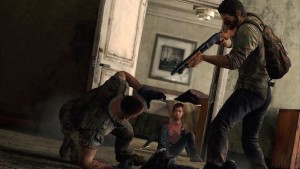 Keith Stuart, however, is more critical of the game’s depictions of the ethics of normative fatherhood and, rather, finds that the game fits into the gaming industry’s reliance “on the old themes of power, authority and physical force.” Indeed, he argues that games like The Last of Us “all tell the same story of men coming to terms with violence and the responsibilities of fatherhood—and they all do it in such a way as to confirm the masculine status quo. Self-sacrifice in combat, ruthless violence, the sanguine acceptance that there is no other way.” And Stuart sees this as resulting from the fact that The Last of Us is “all about men…[T]hough we’re given fleeting control over characters like Ellie…they are mostly facilitators, reflecting the experiences and needs of the male lead. People who argue that The Last of Us is as much Ellie’s story as Joel’s might be correct in a pure narrative context, but in terms of identification and raw experience, we’re with Joel all the way.”
Keith Stuart, however, is more critical of the game’s depictions of the ethics of normative fatherhood and, rather, finds that the game fits into the gaming industry’s reliance “on the old themes of power, authority and physical force.” Indeed, he argues that games like The Last of Us “all tell the same story of men coming to terms with violence and the responsibilities of fatherhood—and they all do it in such a way as to confirm the masculine status quo. Self-sacrifice in combat, ruthless violence, the sanguine acceptance that there is no other way.” And Stuart sees this as resulting from the fact that The Last of Us is “all about men…[T]hough we’re given fleeting control over characters like Ellie…they are mostly facilitators, reflecting the experiences and needs of the male lead. People who argue that The Last of Us is as much Ellie’s story as Joel’s might be correct in a pure narrative context, but in terms of identification and raw experience, we’re with Joel all the way.”
Maddy Myers, too, is concerned about this identification with Joel—this being with Joel all the way—and the fact that, through Joel, we interact with Ellie “as an outsider, and eventually, as a mentor. You grow into a father figure role. You fall in love…but not in that way—in a different way, a paternalistic way.” But this paternalistic love is a regulatory one, one that results in Joel’s “making a choice about whether Ellie should live or die without asking her opinion on the matter,” and his lying “to her about what’s at stake.” And what’s at stake for Myers in thinking about all this is the manner in which The Last of Us asks us to empathize with Joel and his regulatory paternalism:
Real life includes plenty of bad parents. We are meant to empathize with this father’s feelings of regret and failure, because he tried. We are not meant to think too hard about the years that this daughter figure spent sequestered from other people, or the fact that this relationship is the only one she’s ever had (so, gas-lighting her into believing it is a normal, loving relationship is terrifyingly easy, because she has no point of comparison), nor the fact that she has never been allowed to make a decision for herself and might want to know what it’s like to do that.
I can’t say that I agree with Albor’s assertions that the game’s depiction of fatherhood is one that questions, distorts, or undermines normative fatherly roles because it seems to me not to be a distortion but rather a reassertion and rearticulation of the norms of regulatory paternalism. And such norms are especially carried out, at Myers highlights, through Joel’s enactment of so-called “protective” fatherhood, which he especially manifests by “protecting” Ellie through the robbing of her agency—by not allowing her, as Myers puts it, “to make a decision for herself” and by, then, making decisions for her in the name of “protection.” And to coopt Stuart’s phrasing, such a rearticulation serves to “confirm the masculine status quo” through the repetition (rather than the undermining) of normative regulatory paternalism.
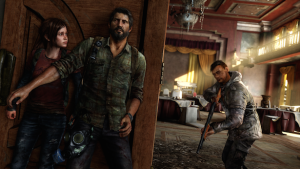 Such a representation of fatherhood is one that is consistently repeated across video game narratives. To be sure, Albor, Stuart, and Myers all talk about The Last of Us’s depictions of fatherhood in relation to other games’ representations—games like The Walking Dead, Bioshock Infinite, and Heavy Rain. More recently, I, too, have talked about similar constructions of fatherhood in games like Rise of the Tomb Raider and Who’s Your Daddy. And I think that what these games all rearticulate are the specific assumptions we make regarding the gendered labor of normative fatherhood and the manner in which such labor is oriented toward the regulation and control of the (often female) child under the guise of “protection.”
Such a representation of fatherhood is one that is consistently repeated across video game narratives. To be sure, Albor, Stuart, and Myers all talk about The Last of Us’s depictions of fatherhood in relation to other games’ representations—games like The Walking Dead, Bioshock Infinite, and Heavy Rain. More recently, I, too, have talked about similar constructions of fatherhood in games like Rise of the Tomb Raider and Who’s Your Daddy. And I think that what these games all rearticulate are the specific assumptions we make regarding the gendered labor of normative fatherhood and the manner in which such labor is oriented toward the regulation and control of the (often female) child under the guise of “protection.”

